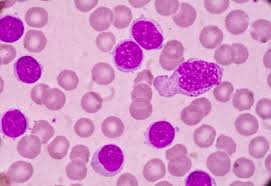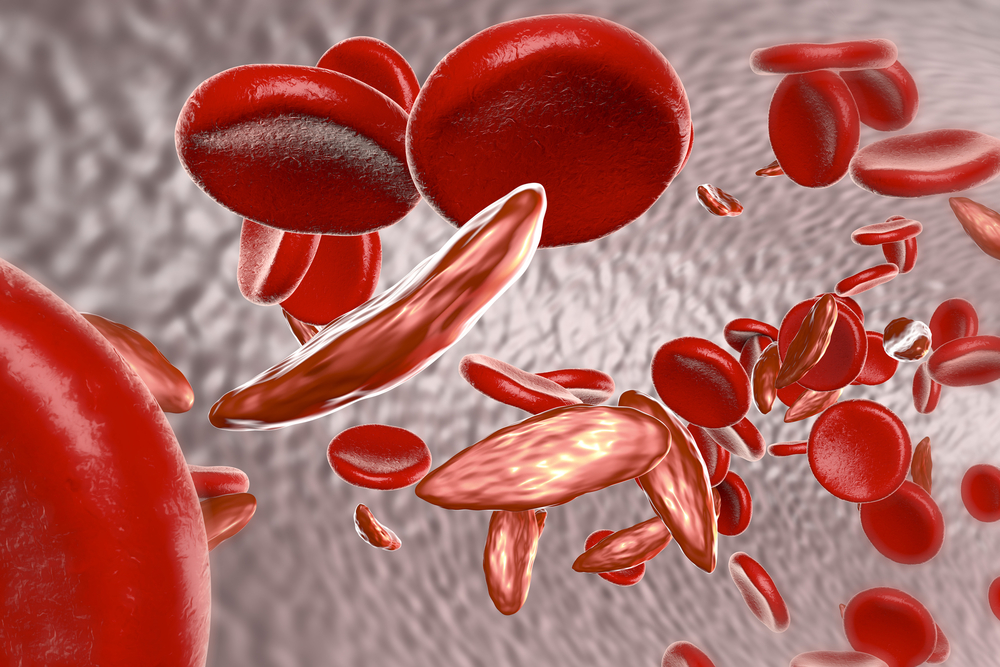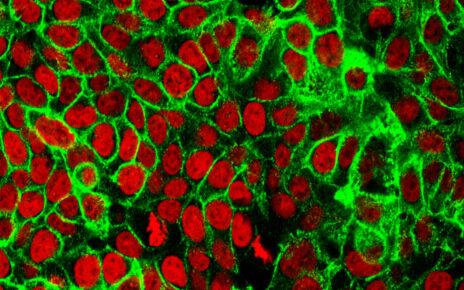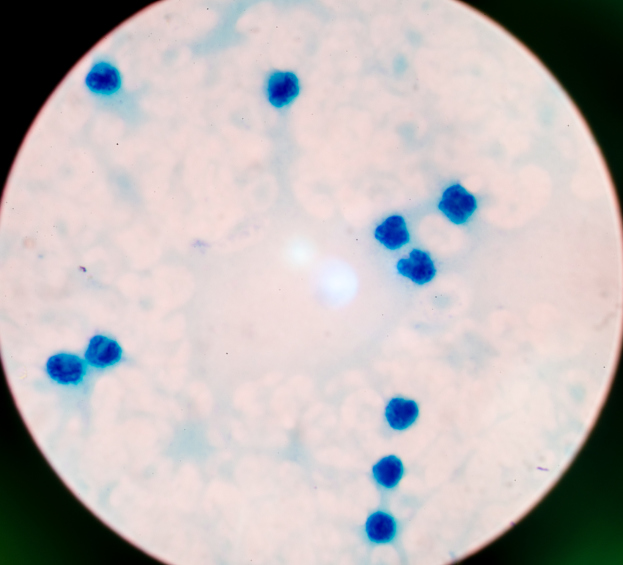Ofatumumab support treatment seems to delay movement free endurance (PFS) in patients with backslid constant lymphocytic leukemia (CLL), as indicated by conclusive outcomes from the PROLONG study (ClinicalTrials.gov Identifier: NCT01039376) distributed in Blood Cancer Journal.
Delay was a global, multicenter, open-name, randomized, stage 3 investigation on ofatumumab upkeep in patients with CLL in complete abatement (CR) or with fractional reduction (PR) after second-or third-line treatment. The essential end point was PFS.
In general, 480 patients with CLL in CR or PR after second-or third-line treatment were arbitrarily doled out to get either ofatumumab (300 mg in week 1, at that point 1000 mg like clockwork for as long as 2 years) or no extra treatment (perception).
At middle follow-up of 40.9 months, middle PFS was 34.2 months with ofatumumab and 16.9 months with perception (danger proportion [HR], 0.55; 95% CI, 0.43-0.70; P <.0001). Middle time to next treatment was 37.4 months with ofatumumab and 27.6 months with perception (HR, 0.72; 95% CI, 0.57-0.91; P =.0044).
Middle generally speaking endurance (OS) had not yet been come to; in any case, OS was comparable in the two arms (HR, 0.99; 95% CI, 0.72-1.37).
The quantity of unfriendly occasions of any evaluation (87% versus 70%) was higher in the ofatumumab arm contrasted and the perception arm, similar to the number and grade 3 or higher unfavorable occasions (62% versus 51%).
Of evaluation 3 or higher antagonistic occasions, the most widely recognized were neutropenia (ofatumumab, 23%; perception, 10%), pneumonia (ofatumumab, 13%; perception, 12%), and febrile neutropenia (ofatumumab, 6%; perception, 4%).
There were 4 passings detailed in the ofatumumab arm and 6 passings revealed in the perception arm as long as 60 days after the last treatment; no passings were viewed as identified with ofatumumab treatment.
“Ofatumumab maintenance significantly prolonged progression-free survival in patients with relapsed CLL and was well tolerated,” the specialists finished up.




